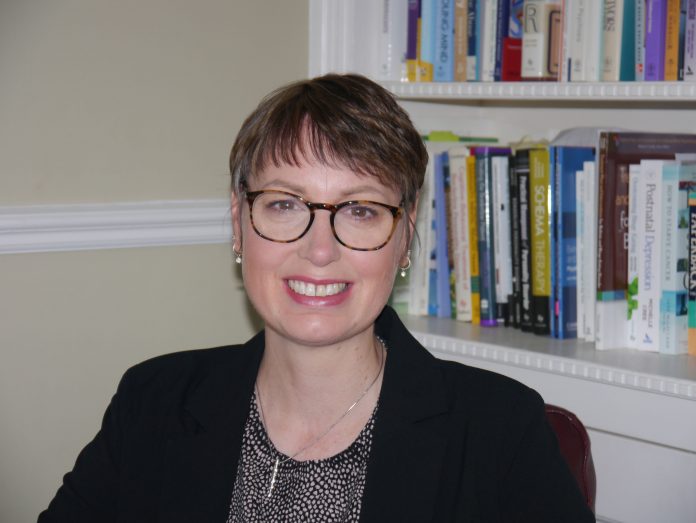As a teenager, I was always the friend that people would call to talk about their problems. I studied behavioural sciences at degree level and found the psychology subjects most interesting. From there decided I wanted a career in clinical psychology.
Many people don’t realise, but the terms ‘psychologist’, ‘therapist’ and ‘counsellor’ are not protected titles, so anyone can call themselves these things. It was very important to me that I qualified in one of the properly regulated talking therapy professions: clinical psychology. And I have loved it ever since!
I feel so privileged that people tell me their stories and allow me to see their vulnerability. And it is so rewarding to see people improve in how they feel, letting go of issues from the past that may have been impacting on them for many years.
How do you become a clinical psychologist?
When I decided on this career path when completing my degree, I didn’t realise how difficult it is to get into, as there is a large number of people competing for the doctorate training course.
But after gaining some relevant experience I was successful in getting a place. You need a psychology degree or a degree that is recognised by the British Psychological Society as having ‘graduate basis for membership’. Or you can do a conversion course if your first degree was in something that isn’t recognised.
You then need to do a Masters degree in psychology and gain some relevant experience.
Jobs as assistant psychologists or research assistants are seen as ideal, but these can be very difficult to get due to the competition. So any relevant work such as working as a nursing assistant on a mental health ward is a good start. You can then apply for the Doctorate.
Diversity in clinical psychology
The profession is largely made up of middle-class, white women and we recognise the need to have greater diversity.
We are currently looking at how we select people for the Doctorate programme to ensure we enable people from more diverse backgrounds to be successful.
If you are successful, the course lasts for three years and is a combination of academic study, research and time spent on placement under the supervision of a clinical psychologist. It is really hard work, but worth it!
What do you do as a clinical psychologist?
The training enables you to work in a number of different fields, whether that is with adults, children, older people or with people with disabilities.
I have had a very successful career within the NHS working with people with mental health difficulties and with people with addictions and I now have a very busy private practice.
I work with adults with a range of presenting issues. Often people come to me who are feeling depressed or anxious, suffering from low self-esteem or the impact of trauma. I can help people to learn strategies to cope with these issues. I also help people to understand why and how these difficulties have emerged and can support people to work through these underlying issues.
You can find out more information via the two main professional organisations for clinical psychologists, the Association for Clinical Psychologists and the British Psychological Society.
